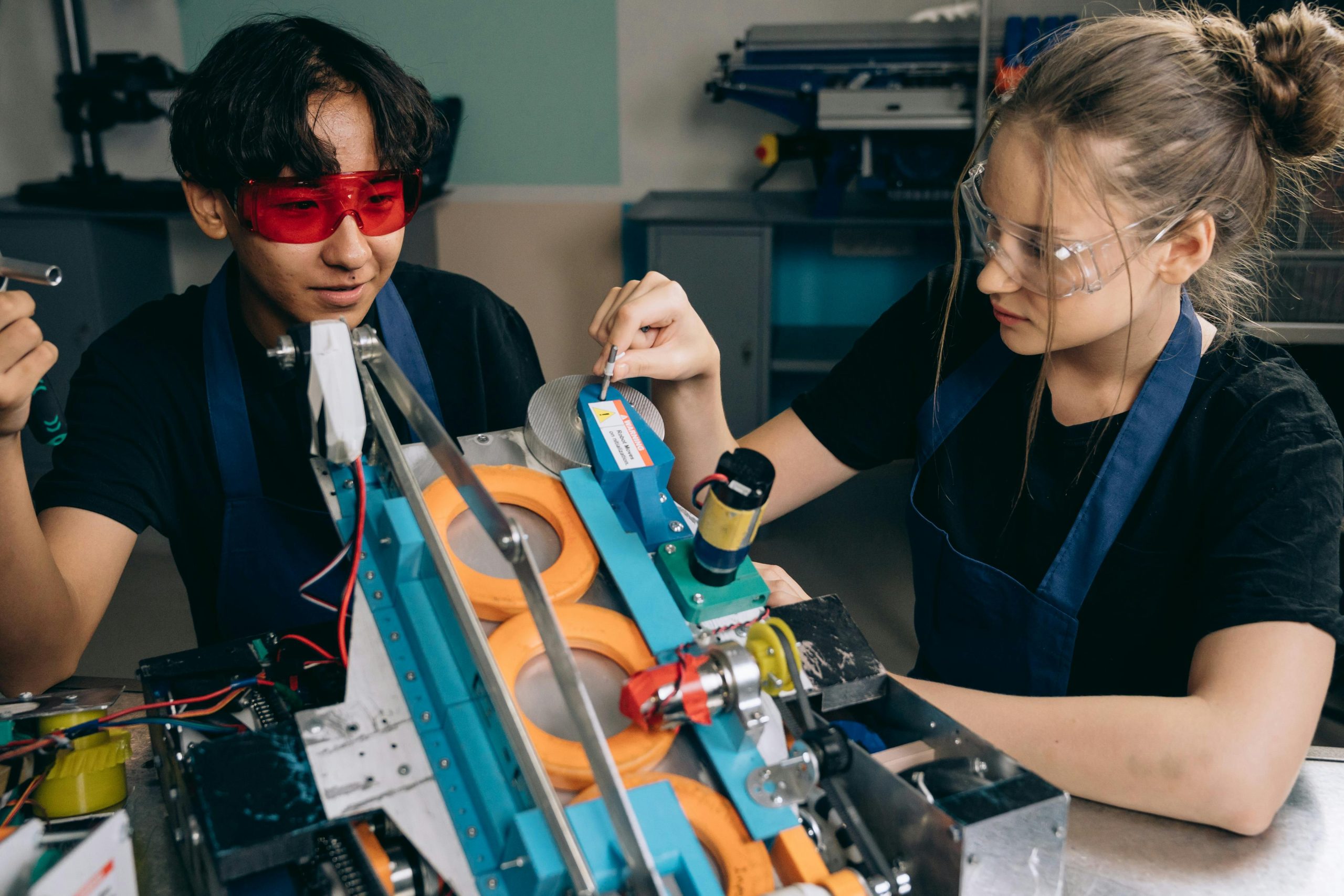Title: “F Students Are Inventors: A Celebration of Creativity and Resilience in the Classroom”
In every classroom across the globe, students are nurtured with the aim of excelling academically. We often associate success with high grades, impressive GPAs, and accolades. However, there’s an undercurrent in education that challenges our conventional notions of achievement: the so-called “F students.” At first glance, it may appear that these individuals are merely struggling; however, their unique perspectives and creative problem-solving skills often lead them to innovative solutions and inventions that can change the world.
The Untold Story of F Students
Let’s dive into a recent experience that illustrates this perfectly. At my school, a fellow student, whom many would label as an “F student,” created something not only creative but also profoundly insightful. This student, let’s call him Alex, designed a device that helps students manage their study time more effectively. Alex’s invention came about not from a desire to get better grades, but from frustration with the traditional academic system that often overlooks the diverse needs and learning styles of students.
Where some saw failure, Alex saw an opportunity for improvement—an ability to think outside the box that is often characteristic of those who have struggled within conventional frameworks. This experience made me reflect on a broader question: How often do we overlook the creative potential lying dormant among students who receive lower grades?
The Benefits of Failing Grades
-
Fostering Creativity:
When students aren’t hung up on the pressure to achieve perfect scores, they afford themselves the freedom to think creatively. Failure encourages experimentation, allowing students like Alex to design, build, and innovate without the fear of judgment. This liberating experience is instrumental in fostering a mindset geared towards invention. -
Problem-Solving Skills:
Often, students who face challenges in traditional learning environments develop remarkable problem-solving skills out of necessity. They learn to adapt, overcome obstacles, and seek innovative solutions to issues that arise, which is precisely what the world needs—adaptable thinkers who can navigate through adversity. -
Resilience:
Resilience is not merely the ability to bounce back; it’s the capacity to forge ahead after setbacks. Students labeled as “F students” often embody this resilience. Instead of rolling over in defeat, they confront issues head-on, learning valuable life lessons along the way. This attribute is vital in both personal and professional settings, empowering these individuals to face
